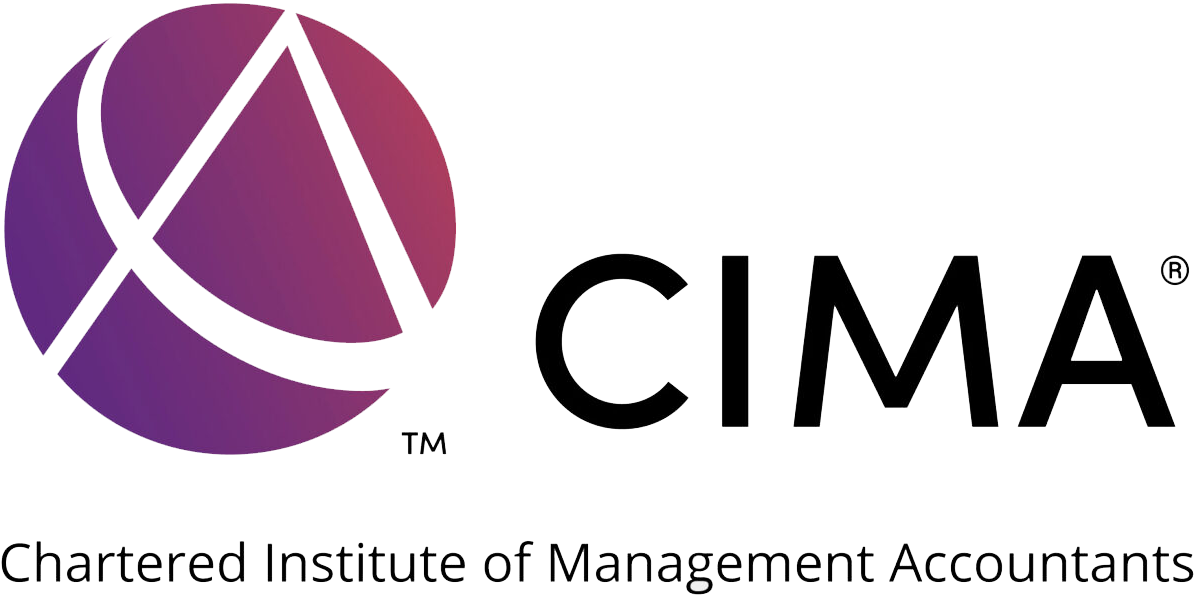In today’s competitive business environment, making informed financial decisions is crucial for success. Financial metrics serve as the backbone of this decision-making process, providing valuable insights into a company’s performance and health. Here are the five most important financial metrics that every business should be measuring:
1. Revenue Growth
Revenue growth is a fundamental metric that indicates the increase in a company’s sales over a specified period. It reflects the effectiveness of a company’s sales strategies, market demand, and overall business expansion.
Why It Matters:
– Performance Indicator: Revenue growth is a direct indicator of a company’s performance and market acceptance.
– Investor Attraction: Consistent revenue growth attracts investors as it signifies a healthy and expanding business.
– Strategic Planning: Understanding revenue trends helps in planning future strategies and setting realistic sales targets.
How to Measure:
Revenue Growth Rate = ((Current Period Revenue – Previous Period Revenue) \ Previous Period Revenue) times 100
2. Net Profit Margin
Net profit margin measures the percentage of revenue that remains as profit after all expenses are deducted. It is a critical indicator of a company’s profitability and cost management efficiency.
Why It Matters:
– Profitability Assessment: Provides insight into how effectively a company is converting sales into actual profit.
– Cost Control: Helps in identifying areas where cost reductions can improve overall profitability.
– Benchmarking: Allows comparison with industry standards and competitors to gauge competitive positioning.
How to Measure:
Net Profit Margin = (Net Profit / Revenue) times 100
3. Cash Flow
Cash flow represents the net amount of cash being transferred into and out of a business. It is essential for maintaining liquidity, ensuring that the company can meet its obligations and invest in growth opportunities.
Why It Matters:
– Liquidity Management: Ensures the company has enough cash to cover expenses and avoid insolvency.
– Investment Capacity: Positive cash flow indicates the ability to invest in new projects, equipment, or expansions.
– Operational Health: Reflects the efficiency of core business operations in generating cash.
How to Measure:
There are three main types of cash flow to monitor:
– Operating Cash Flow (OCF): Cash generated from core business operations.
– Investing Cash Flow (ICF): Cash used for or generated from investment activities.
– Financing Cash Flow (FCF): Cash received from or paid to financing activities, like issuing debt or equity.
4. Current Ratio
The current ratio measures a company’s ability to pay short-term obligations with its current assets. It is a key indicator of financial health and liquidity.
Why It Matters:
– Short-term Solvency: Assesses whether a company can meet its short-term liabilities with its short-term assets.
– Operational Efficiency: Indicates how efficiently a company is managing its working capital.
– Risk Management: Helps in identifying potential liquidity issues that could lead to financial distress.
How to Measure:
Current Ratio = Current Assets \ Current Liabilities
5. Return on Equity (ROE)
Return on equity measures the profitability of a business in relation to shareholders’ equity. It reflects how effectively management is using the company’s assets to create profits.
Why It Matters:
– Performance Efficiency: High ROE indicates efficient use of equity investment to generate profits.
– Shareholder Value: Helps in assessing how well a company is generating returns for its shareholders.
– Growth Potential: Consistently high ROE can signal a company with strong growth potential.
How to Measure:
Return on Equity = (Net Income \ Shareholders’ Equity) times 100
Conclusion
Understanding and regularly monitoring these five financial metrics—revenue growth, net profit margin, cash flow, current ratio, and return on equity—provides a comprehensive view of a company’s financial health and operational efficiency. These metrics not only guide internal decision-making but also enhance transparency and trust among investors and stakeholders, ultimately driving the business towards sustainable growth and success.
If you are not currently measuring these metrics and would like some help to do so please get in touch.
© Virtual CFO Ltd T/ Accounts Etc. All rights reserved. Registered in England & Wales No. 07430019


© Virtual CFO Ltd T/ Accounts Etc. All rights reserved. Registered in England & Wales No. 07430019

